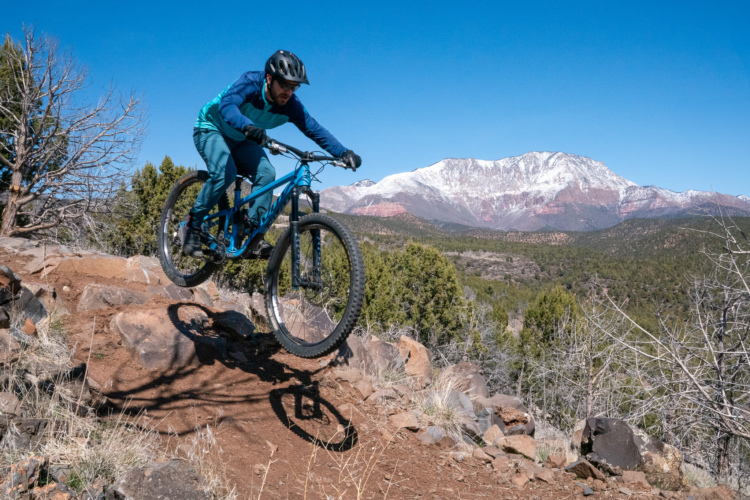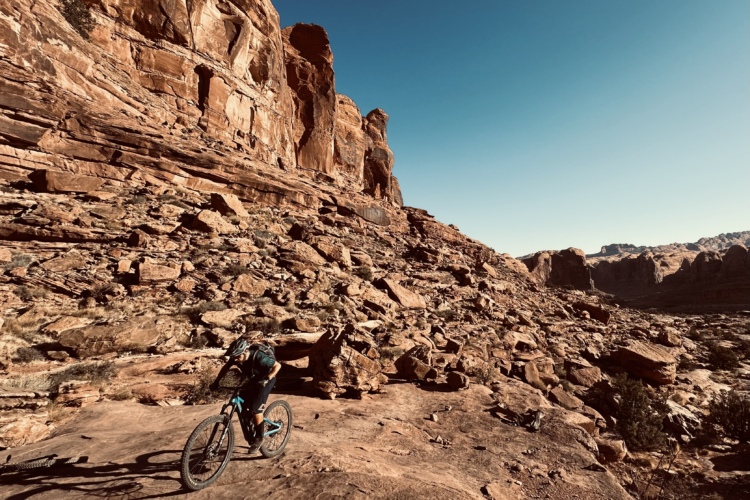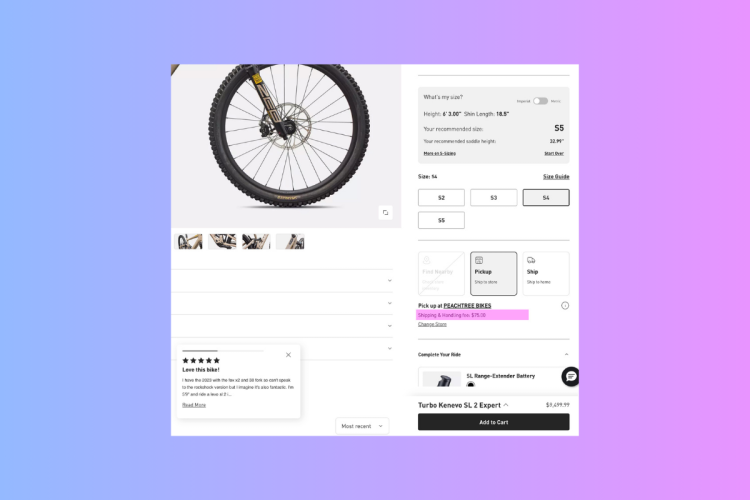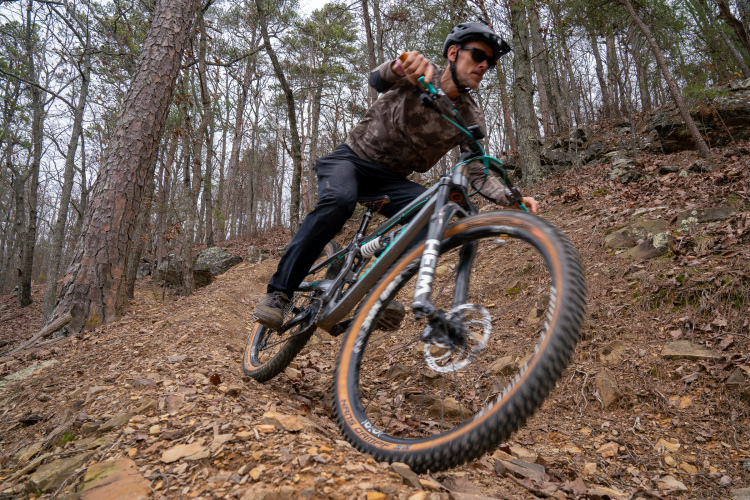
Hurricane, Utah, is one of the most famous mountain bike destinations in the USA. This long-time MTB mecca in Southwest Utah has attracted mountain bikers from around the world to ride its stunning red rock mesas and serpentine singletrack. Some of Hurricane’s famous trails were among those threatened by public land sales proposed by House Republicans in a reconciliation bill.
Thankfully, due to successful opposition from outdoor enthusiasts across the country, the bill has been amended to remove public land sales.
Public land sales were introduced after midnight to bypass public review
While public land sell-offs were not initially included in the House reconciliation bill, the land sales were “introduced quietly after midnight, thereby bypassing public review and debate during a committee markup as part of a sweeping budget reconciliation package,” according to a press release from the International Mountain Bicycling Association (IMBA).
“The remainder of the reconciliation bill, also passed, includes mandatory oil and gas leasing, rollbacks to public input and environmental safeguards, and provisions that undermine public land management. The bill takes one of the most cynical approaches to public lands in recent memory,” according to the Outdoor Alliance.

Which mountain bike trails were threatened?
As it was originally written, the bill would have opened up more than 500,000 acres of public land for sale in Nevada and Utah. According to experts at IMBA who reviewed the available documents, some of the most famous mountain bike trails in Hurricane were threatened.
In particular, the Hurricane Cliffs Trail System — home to an IMBA Epic route — could have been sold to private entities for development. Specifically, portions of Cactus Hugger, Goosebump, Deadringer, and the JEM Trail could have been sold off. These trails provide a fantastic, flowy, beginner-friendly mountain bike experience in a destination otherwise known for rugged, technical trails. The area where these trails are located, Sheep Bridge Road, is also one of the most popular dispersed camping areas near Hurricane. This beautiful plateau is exceedingly popular with all types of outdoor recreationists, and especially mountain bikers.
Just a few miles down the road, the Boy Scout Trail System on the shores of Quail Creek Reservoir were also threatened. The Green Valley Race Course in nearby St. George, which is used for races and is frequented by local youth mountain bike teams, could have been put up for sale. Finally, several portions of the Plateau Passage bikepacking route, which runs from Las Vegas, NV, to Durango, CO, was also at risk.
Thanks to widespread opposition, public land sales were removed from the bill
The opposition to the proposed public land sales was widespread. Both IMBA and the Outdoor Alliance opposed the bill, along with many adventure athletes, such as mountain bikers. The Outdoor Alliance alone coordinated 100,000 letters to lawmakers.
“IMBA is concerned that proposed public land disposal sales have not allowed for proper public review to assess the value of recreation against the intended goal of the sale,” said Todd Keller, Director of Government Affairs, International Mountain Bicycling Association. “IMBA discourages large-scale public land sales. Public lands are essential for trails, outdoor recreation and healthy communities. Any proposed sale should carefully consider impacts to recreation and overall landscape health, and should include the opportunity for public review and public comment.”
“From weakening public input, to polluting iconic recreation areas, to outright selling public lands, this reconciliation bill would have far-reaching consequences for outdoor recreation across the U.S. Outdoor Alliance recommends that lawmakers reject the bill as written and instead advance a more holistic vision for public lands that supports recreation access and sustains the $1.2 trillion outdoor economy,” said Jamie Ervin, Senior Policy Manager at Outdoor Alliance.
In addition, hunters and anglers on both sides of the aisle were widely opposed to the land sales, according to reports.
The bill has been passed by the House of Representatives sans land sales, and now it moves on to the Senate. It’s possible that the Senate could reintroduce public land sell-offs into the bill, but if they did, the bill would then have to go back to the House for another vote.
If you ar opposed to public land sales, you can let your lawmakers know by using this quick contact form shared by IMBA to email your representatives.










0 Comments